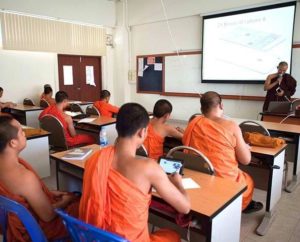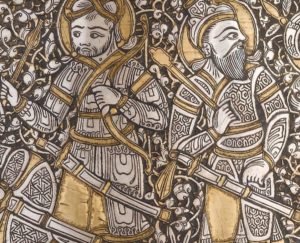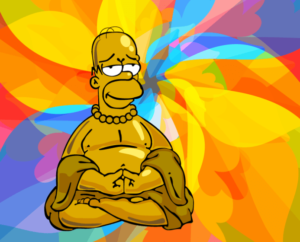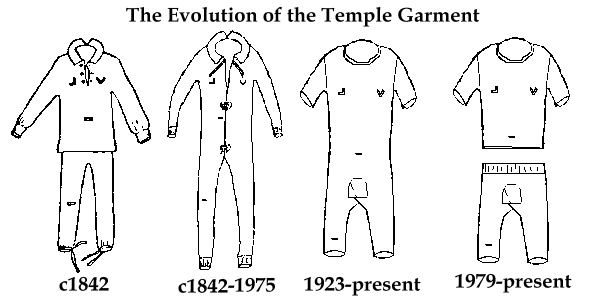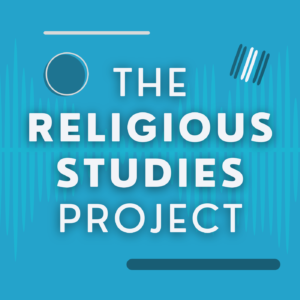The link between religion/spirituality (RS) and health is a recurring theme in the empirical literature within the psychology and sociology of religion, medical studies, and other disciplines. Although this research is usually limited to correlational studies, RS is often interpreted to be an important causal factor in positive health outcomes. This has led some academics, NGO’s, and governments to argue that the putative health benefits of RS might be harnessed for public health and public policy more broadly. For example, the United States Army has recently launched a “spiritual health” program, and in the United Kingdom there is an ongoing debate about whether mindfulness meditation should be taught in schools. Government initiatives aside, what if the nonreligious are equally as healthy? In this podcast, Thomas J. Coleman III interviews Dr. David Speed on how research using nonreligious and nonbelieving samples problematizes some of the underlying assumptions of the relationship between RS and public health.
